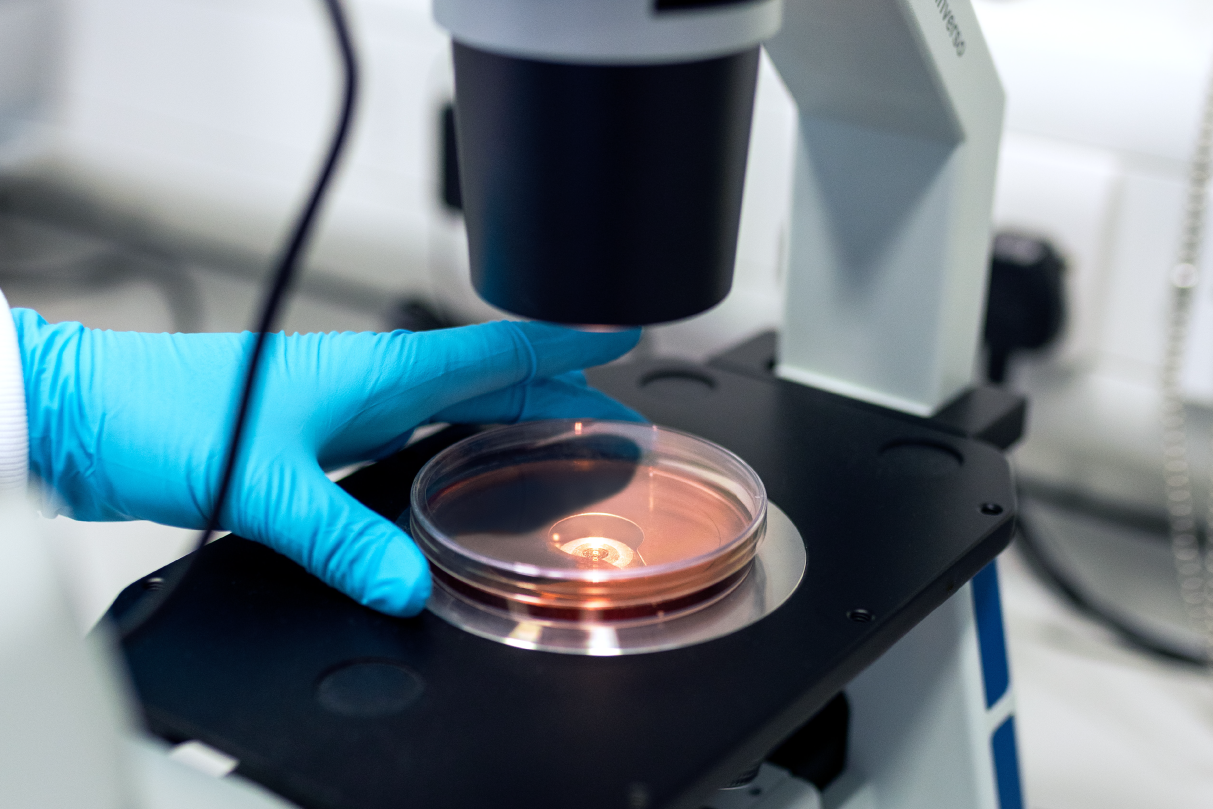By helping shift the paradigm on health hazards that may be caused by indoor air quality, and focusing on determinants identification and data analytics, K-HEALTHinAIR will significantly expand the ability of policy-makers to anticipate, detect, mitigate, and manage the negative impacts of risk factors contributing to the onset of and the risk of premature deaths, especially in vulnerable groups.
Policy-makers and regulators will:

Consumers (as main users of transports, markets, canteens, etc.), building residents, workers, and professionals will

Consumers (as main users of transports, markets, canteens, etc.), building residents, workers, and professionals will

Vulnerable people and patients will:

Scientific research groups will:

Scientific research groups will:

Technology developers will:

Knowledge for improving indoor air quality and health

Knowledge for improving
indoor air quality and health


